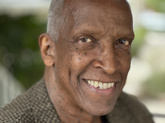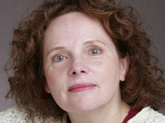The Quietly Bold Racial Diversity of The Notebook on Broadway
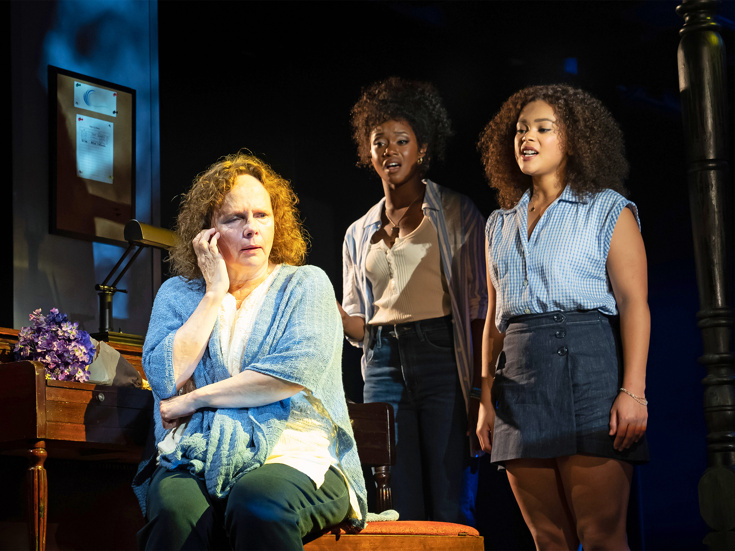
(Photo: Liz Lauren)
The sweeping romantic drama of The Notebook—first a book by Nicholas Sparks, then a tear-jerking film starring Ryan Gosling and Rachel McAdams—begins with an old man reading to an old woman in a nursing home. Day after day, with hope in his heart, he sits with the woman—whose memory isn’t what it once was—and tenderly recounts a story of first love, lost love and love regained.
When the playwright Bekah Brunstetter and the singer-songwriter Ingrid Michaelson set out to write the new musical of The Notebook, they wanted every audience member, regardless of the color of their skin, to potentially see themselves in the tragically romantic story of Noah and Allie.
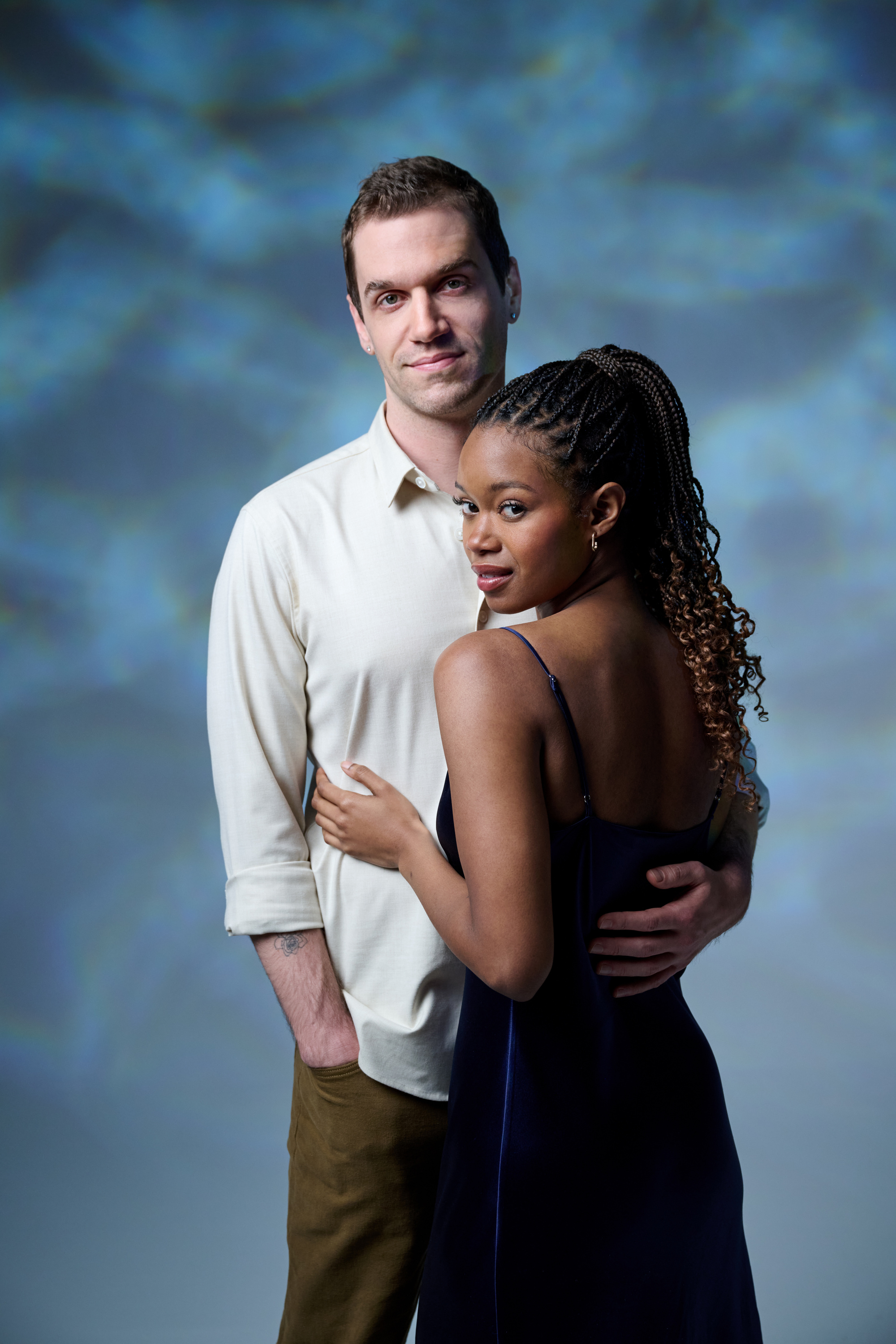
“Noah and Allie in the movie were white people. But their story happens to everybody,” said Brunstetter. “Everyone falls in love, everyone gets old and dies—if we’re lucky to be alive in our 70s and 80s. How can we show that?”
The solution involves a racially diverse cast. This new version of The Notebook presents audiences with three sets of Noahs and Allies for different times in the characters’ lives: John Cardoza and Jordan Tyson as Younger Noah and Allie, Ryan Vasquez and Joy Woods as Middle Noah and Allie and Dorian Harewood and Maryann Plunkett as Older Noah and Allie. The two younger Noahs are white, while the older Noah is Black; the two younger Allies are Black, while the older Allie is white.
Those surprising transmutations of racial identity feel quietly bold for Broadway. It is, perhaps, in keeping with the fact that The Notebook is a memory play where the memory has been ravaged by Alzheimer’s. (Older Allie isn’t aware, at first, that the story she is hearing is her own.)
But really, the point the show is making is a simple one: The themes of love and loss occur in the lives of people everywhere, regardless of the color of their skin. “There are hundreds and hundreds of Allies and Noahs out there right now,” said Plunkett (Older Allie) in a joint interview with Harewood (Older Noah), who agreed wholeheartedly: “People don’t look the same, but we are the same. It’s the essence that we can’t see but we know is there. And we are all connected.”
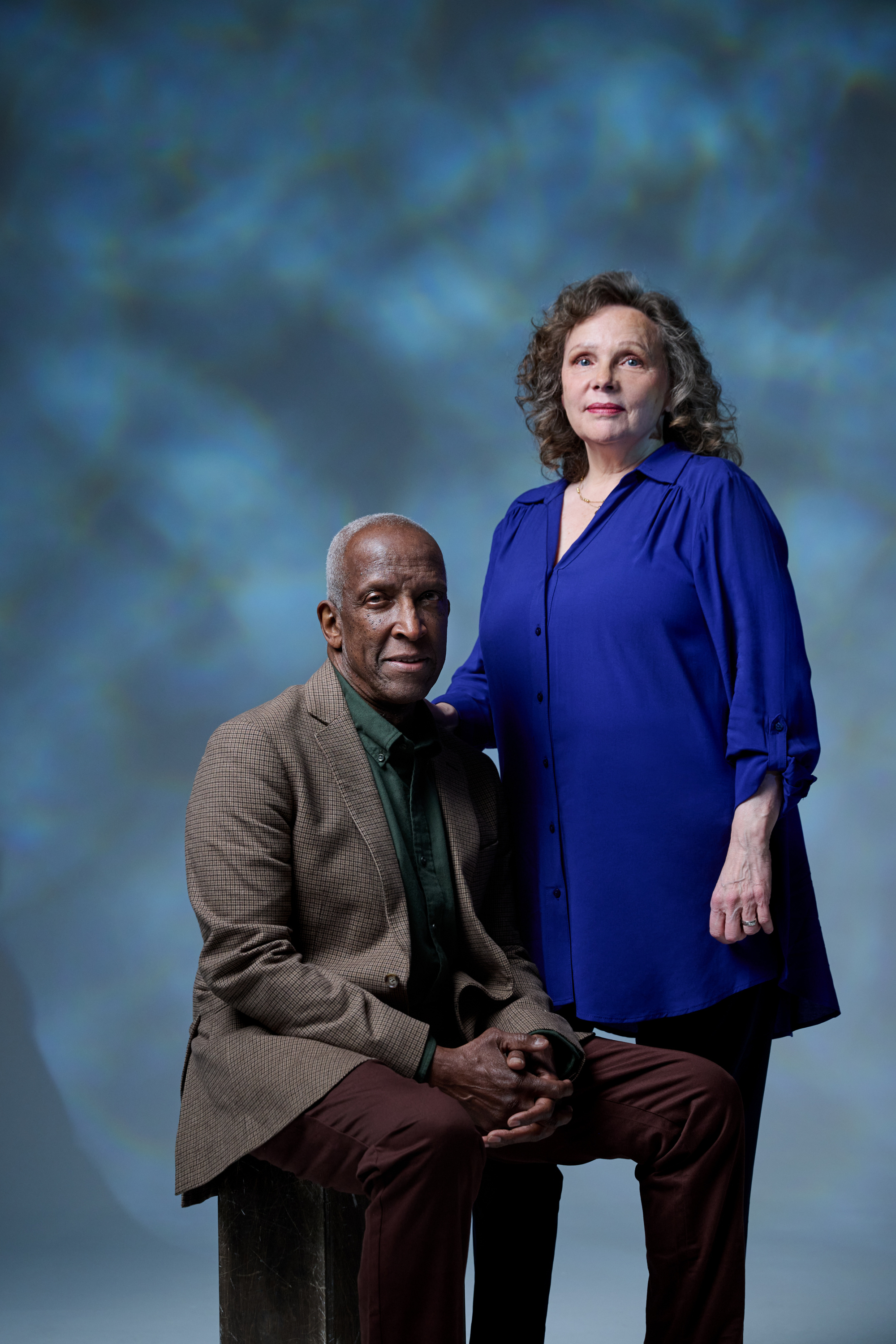
“If we’re going to show this character at three different stages in their lives, we wanted to actually show three different people,” said Michael Greif, who co-directs The Notebook with Schele Williams. “They didn’t have to be lookalikes.”
“When I first experienced this story, I identified with it, I saw myself inside it,” said Williams. “Anyone who reads a book—they see themselves inside it. You’ve already cast yourself.”
Don’t call it color-blind casting. “It is color-conscious casting,” said Williams, explaining how Brunstetter’s book gently acknowledges the race of its characters. “We really thought about not only why we were casting people of color, but how their identity impacted the show. You will see adjustments that we made to make these situations very real.”
As opposed to film, where non-literal casting poses a much different challenge, the theater implicitly invites audiences to suspend disbelief. “I was seeing a play the other night, and after the intermission, a different actor was playing one of the parts,” said Brunstetter. “The understudy stepped in. For a tiny second, I register it. Huh, that’s a different human being. And then the moment passes. When we sit down to watch a play, we’re given permission to go along with things. We turn off our logic brain. Which is one of the reasons I like to write plays.”
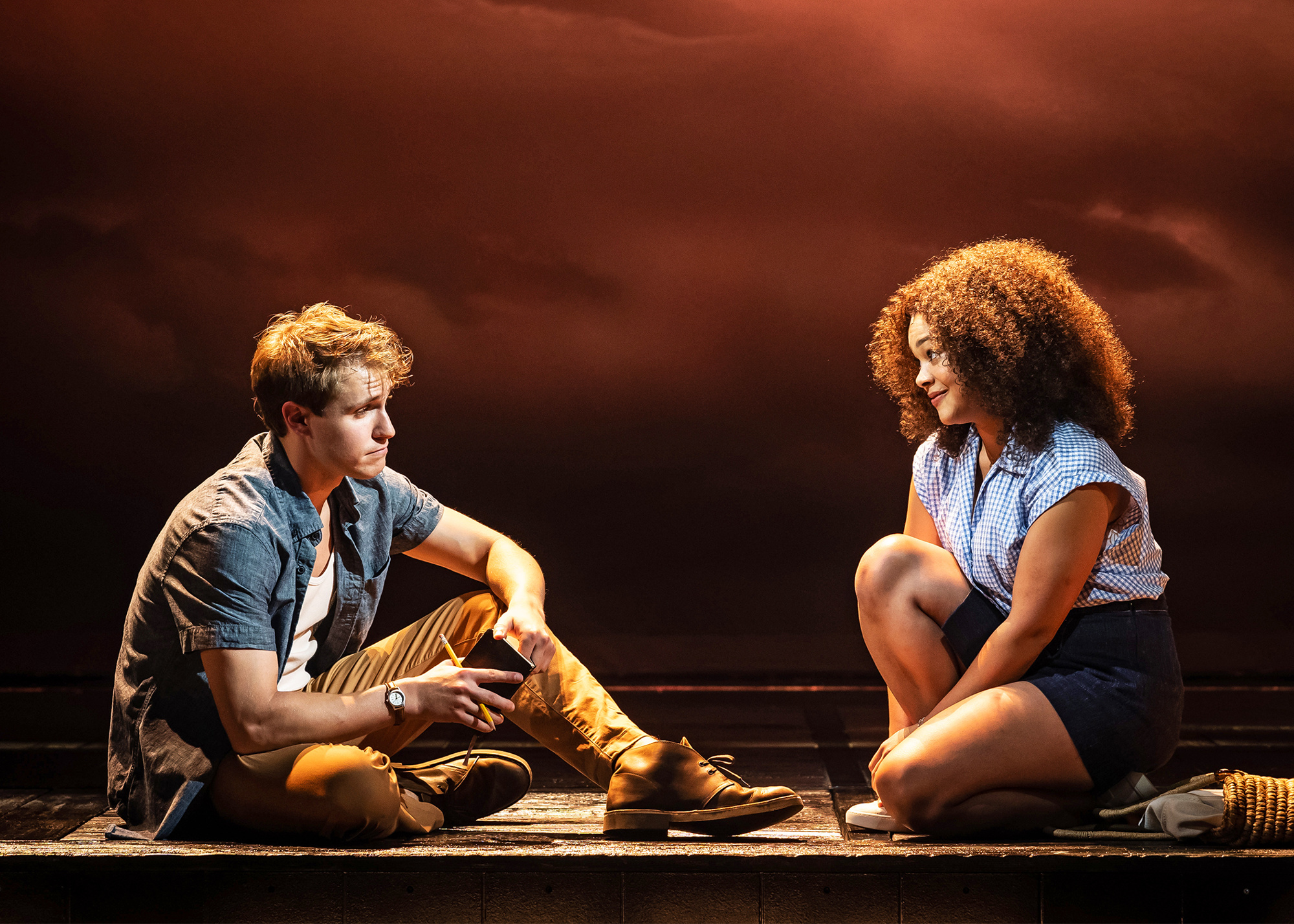
And, of course, it’s meaningful to see Black performers given the opportunity to play parts they never thought they’d play. The Notebook's Allie Hamilton was “never a role that I would have imagined a Black woman would ever get to play, let alone two,” said Williams. “It’s exciting to be able to create opportunities for people to see themselves in ways that they haven’t seen themselves before, in stories that they know in their bones.”
Theater has “the ability to transform, to be metaphoric and to be expansive,” said Greif. “When I think of this notion and I think of this material, expansive is the best word. It really opens your heart right up. It hopefully opens your mind right up as well.”
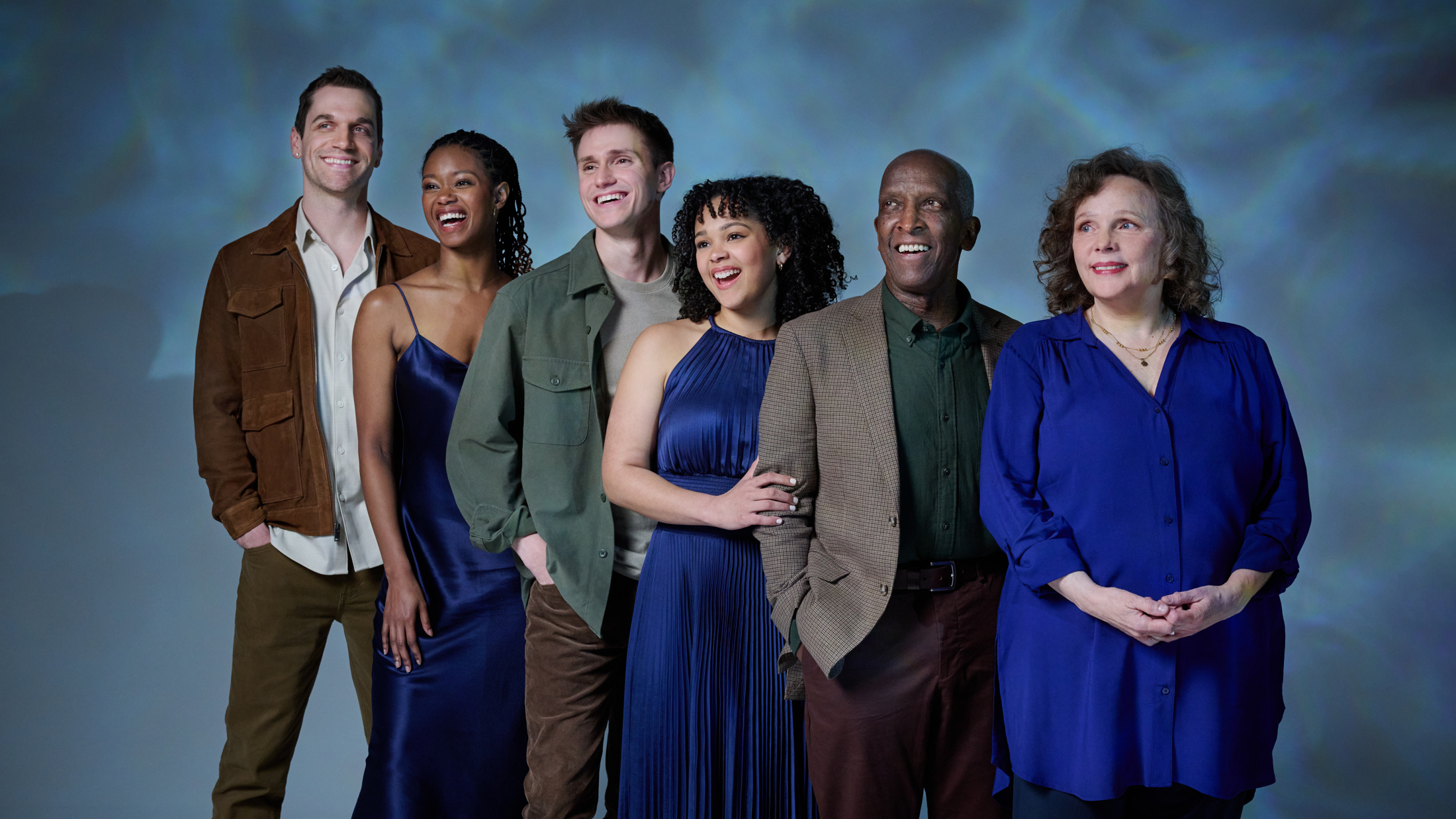
(Photo: Rachel Neville)
Related Shows
Star Files
Articles Trending Now
- Death Becomes Her, Maybe Happy Ending, Oh, Mary! and More Earn Nominations for the 2025 Broadway.com Audience Choice Awards
- Carrie St. Louis, Katie Rose Clarke and Quinn Titcomb to Star as Dolly Parton in World Premiere of Dolly: An Original Musical
- Tituss Burgess to Return to Oh, Mary! as Show Extends


